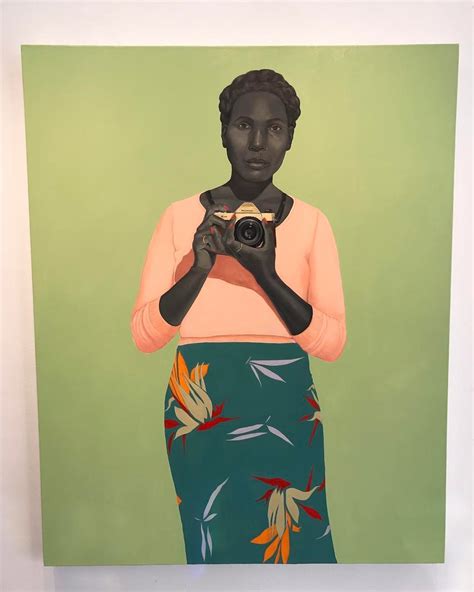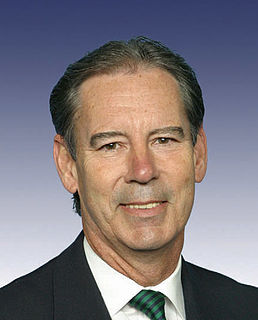A Quote by Chuck Palahniuk
My first four books, from 'Fight Club' to 'Choke,' dealt with personal identity issues. The crises the narrators found themselves in were generated by themselves.
Related Quotes
Welcome to Fight Club. The first rule of Fight Club is: you do not talk about Fight Club. The second rule of Fight Club is: you DO NOT talk about Fight Club! Third rule of Fight Club: if someone yells “stop!”, goes limp, or taps out, the fight is over. Fourth rule: only two guys to a fight. Fifth rule: one fight at a time, fellas. Sixth rule: the fights are bare knuckle. No shirt, no shoes, no weapons. Seventh rule: fights will go on as long as they have to. And the eighth and final rule: if this is your first time at Fight Club, you have to fight.
There is a social contract in "Fight Club" and in "Choke" where the protagonist has deceived a whole bunch of people. In "Choke" it's all of these people who think that they've saved his life, and really care about him because they've embraced him and they've been his saviors. In "Fight Club" it's all of these people who are dying of various diseases, and they thought that Edward Norton was also dying so they allowed him really strong pent-up emotions.
I tagged a first-timer one night at fight club. That Saturday night, a young guy with an angel’s face came to his first fight club, and I tagged him for a fight. That’s the rule. If it’s your first night in fight club, you have to fight. I knew that so I tagged him because the insomnia was on again, and I was in a mood to destroy something beautiful.
I don't think that children, if left to themselves, feel that there is an author behind a book, a somebody who wrote it. Grown-ups have fostered this quotient of identity, particularly teachers. Write a letter to your favorite author and so forth. When I was a child I never realized that there were authors behind books. Books were there as living things, with identities of their own.
Electronic books are ideal for people who value the information contained in them, or who have vision problems, or who like to read on the subway, or who do not want other people to see how they are amusing themselves, or who have storage and clutter issues, but they are useless for people who are engaged in an intense, lifelong love affair with books. Books that we can touch; books that we can smell; books that we can depend on.
The narrators get into trouble and make fools of themselves with their perversely impulsive fondlings of the language. These people have retreated from the world, in which they keep falling short, and into language, where they fall even shorter. The narrators aggrandize their every plaint and lurid insight into verbal formations that betray their fatuity as speakers and even as hosts of their own bodies and souls.
It had been startling and disappointing to me to find out that story books had been written by people, that books were not natural wonders, coming up of themselves like grass. Yet regardless of where they come from, I cannot remember a time when I was not in love with them - with the books themselves, cover and binding and the paper they were printed on, with their smell and their weight and with their possession in my arms, captured and carried off to myself. Still illiterate, I was ready for them, committed to all the reading I could give them.




































